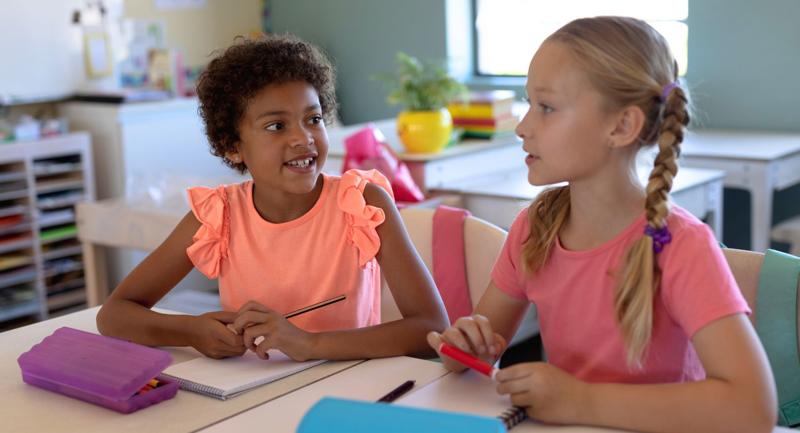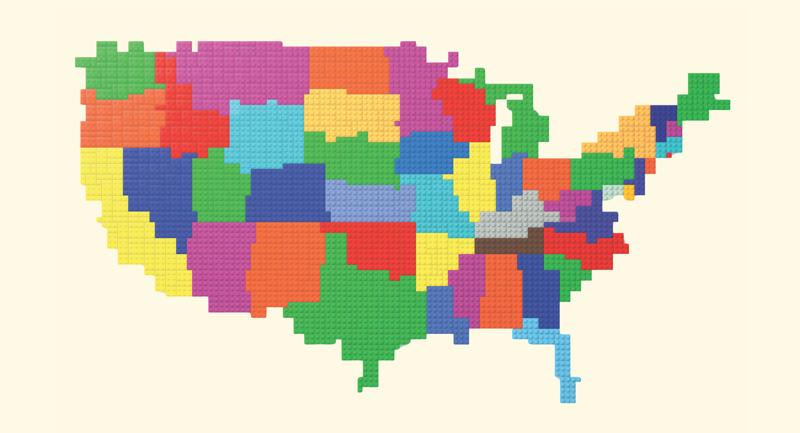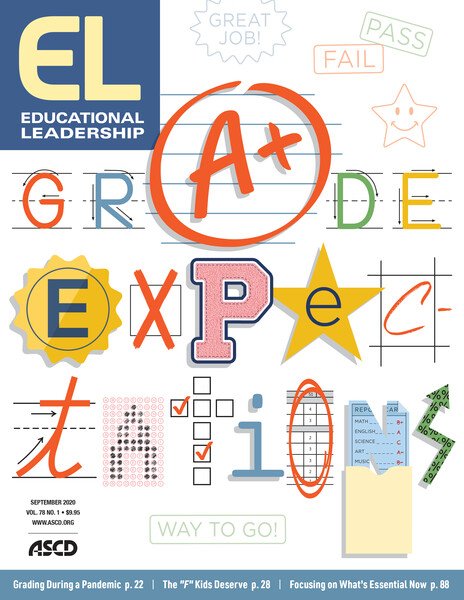You're not reading the first draft of this column. Or even a second or third. It's been reworked so many times, in fact, we have no idea which version you're now reading. That is as it should be. After all, there is no such thing as good writing, only good rewriting.
The same is true of learning. It seldom occurs as a one-time event. Rather, it's an iterative process that requires repetition, reflection, and re-learning. Traditional grading practices, though, often treat learning as a finite process. We reach the end of a unit, measure what students know, give them a grade, and move on.
What do we know from research and brain science about the iterative nature of learning that can help us employ better grading practices?
Quiz More, Grade Less
We might start with a compelling (and overlooked) insight from the science of learning that emerged a century ago, somewhat by accident, as researchers tried to map subjects' "forgetting curve"—how long it took people to forget what they had learned. As it turned out, constantly quizzing study participants "contaminated" the studies; the more researchers asked people to rack their brains to recall prior learning, they more they could recall (Roediger & Karpicke, 2006).
Modern research further illustrates the power of this "testing effect" (or retrieval practice) in classrooms. A five-year study involving nine teachers and 1,400 middle school students, for example, found that giving students frequent, ungraded quizzes significantly increased their retention of learning (Agarwal, Bain, & Chamberlain, 2012). For the study, researchers divided students into three groups. All three read the same text and engaged in the same teacher-led lesson. The first group, a control group, read the material once, engaged in the lesson, and took an end-of-unit exam. The second group re-read the text three times prior to the test. The third group took three short, low-stakes quizzes prior to the test. Students in the third group demonstrated significantly greater retention of the text (91 percent) than the re-reading (83 percent) or control group (81 percent). Moreover, when retested one to two months later at the end of the semester, the quizzed group retained far greater learning (79 percent) than the other groups (67 percent). In short, prompting students to search their memories through quizzes appears to help them build basic knowledge they can later apply in more complex ways.
Reflecting and Re-learning
To be effective, a quiz's sole purpose should be to help students identify gaps in their learning. Thus, prompt feedback is vital. In fact, the "testing effect" is only present when students immediately learn the answers after each quiz (Agarwal et al., 2012).
Becoming aware of learning gaps supports an important learning technique called "discrepancy reduction." We all find some things easy to learn and others difficult. Successful learners focus study time on what they have yet to master. For example, in laboratory settings, when researchers asked people to memorize word lists within an allotted time, those who focused on revisiting words they struggled to recall greatly outperformed those who spent their time rehashing words they had already memorized (Tullis & Benjamin, 2011).
At issue here is a key principle from brain science—namely, that storing and retrieving learning are two different cognitive processes. As a result, much of what students think passes for learning only creates the "illusion of knowing," a byproduct of simply storing information (Brown, Roediger, & McDaniel, 2014, p. 15). For example, if they reread or review something, it may sound familiar, which convinces them they've committed it to memory. In reality, though, they may have stored it in memory yet lack mental "hooks" to retrieve it.
Learning is really a matter of re-learning—adding new mental pathways to stored knowledge so we can retrieve that knowledge when needed. So, students are not mistaken when they miss items on a graded exam and exclaim, "But I knew that!" Yes, they had stored the knowledge, but had too few mental pathways to retrieve it during the fateful hour of the exam.
Second-Chance Grading
Recent studies suggest that letting students retake an exam can greatly improve learning. An analysis of several hundred college students who were given "second-chance testing" opportunities (retaking an exam for full or partial grade replacement) not only improved their grades on the tests by nearly a full letter, but also cut failure rates by two-thirds (from 36 to 11 percent) and doubled the number of As on the test (Herman, Varghese, & Zilles, 2019). Moreover, students who had the option of a second-chance exam still studied as much for the first exam as those who did not; if anything, students with prior low achievement worked harder in classes where second-chance exams were an option.
So, what's a teacher to do? For starters, it's worth noting that current grading practices often do not provide valid measures of what students have actually learned. According to a study of 307 teachers' grades assigned to 8,664 students, most were a "hodgepodge" of subjective (and likely inequitable) measures, including attitude and effort (Cross & Frary, 1999, p. 52). Moreover, if our goal is to help every student deeply learn the content of their classes—to store and retrieve knowledge so they can apply it in new situations—our grading practices ought to promote effective learning techniques, including retrieval practice, discrepancy reduction, and second-chance learning. Perhaps most important, employing grading practices that reflect the science of learning will have an added benefit for students, especially those who struggle: It will help them see themselves not as "bad" learners, but rather as needing to do what all "good" learners do: re-learn.







